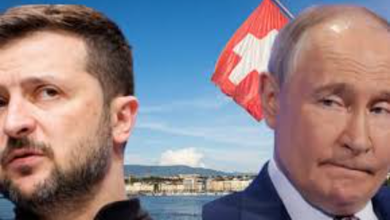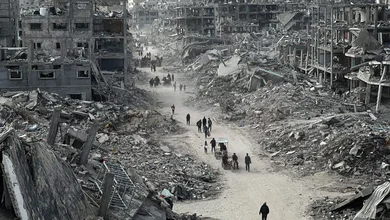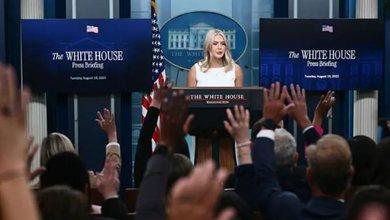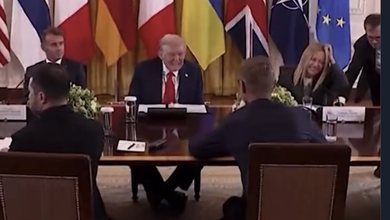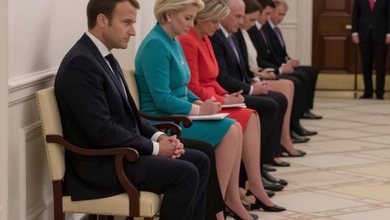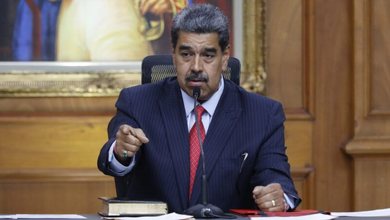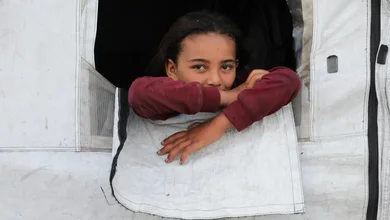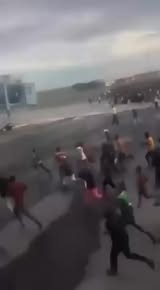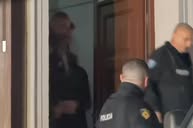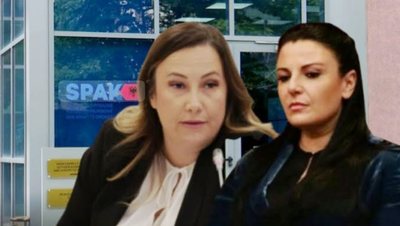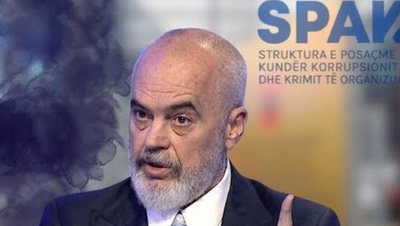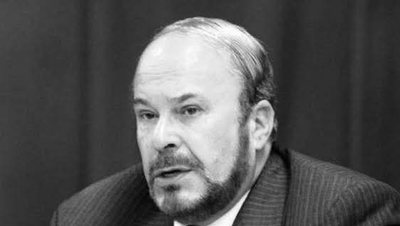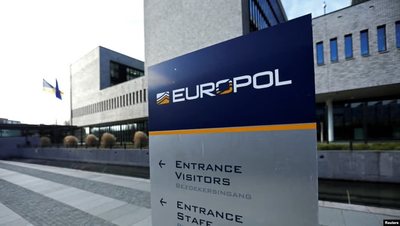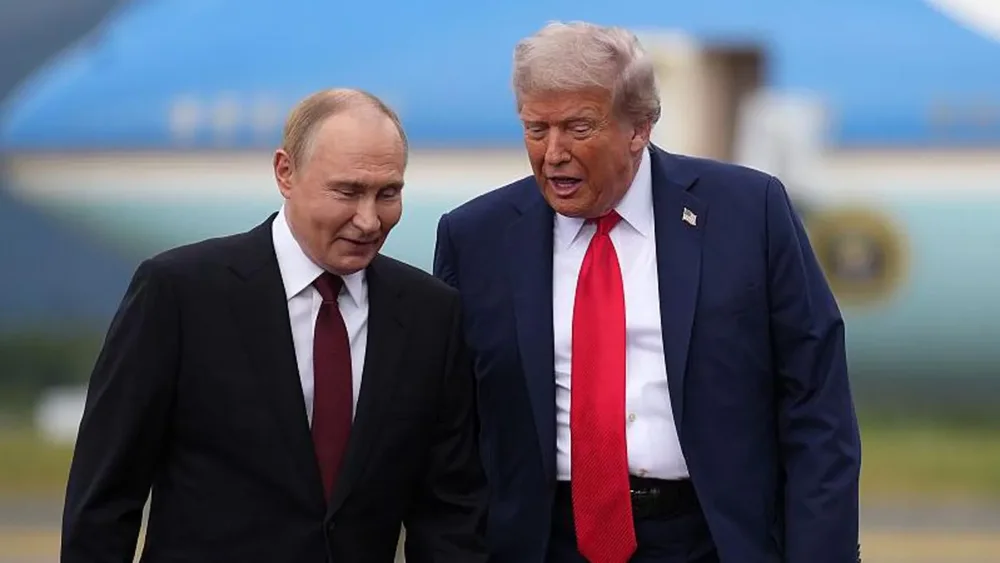
The Kremlin has downplayed rumors of an imminent summit between Russian President Vladimir Putin and Ukrainian President Volodymyr Zelensky, at a time when Donald Trump has renewed his call for a meeting between the two leaders to end the war in Ukraine.
The call for a bilateral meeting comes after the US president met with Putin in Alaska last week and after welcoming seven European leaders and Zelensky to the White House on Monday.
Trump acknowledged that the conflict is “a difficult issue” to resolve and acknowledged that there is a possibility that the Russian president is not interested in ending hostilities. “We’re going to learn a lot about President Putin in the coming weeks,” Trump said Tuesday. “It’s possible that he doesn’t want a deal.”
He added that if this is true, then Putin faces "a difficult situation," without giving further details.
In an interview with conservative radio host Mark Levin on Tuesday night, Trump suggested that "it would be better" if Putin and Zelensky met without him, but added that he would attend a meeting between them "if necessary," stressing that he would "see how things go."
Putin had told Trump on Monday that he was “open” to the idea of direct talks with Ukraine, but the next day, Foreign Minister Sergei Lavrov softened even that vague pledge. He said any meeting should be prepared “gradually, starting at the expert level and then going through all the necessary steps,” repeating a common Kremlin line.
Russia's deputy UN representative, Dmitry Polyanskiy, told the BBC that "no one has rejected" the possibility of direct talks, "but it should not be just a meeting for the sake of a meeting."
NATO military chiefs are expected to hold a virtual meeting on Wednesday, while the British army chief, Admiral Tony Radakin, is traveling to Washington for talks on deploying a security force to Ukraine.
On Tuesday, it was reported that Putin had suggested to Trump that Zelensky travel to Moscow for talks — a proposal that Kiev is unlikely to ever accept. The proposal is seen as a move by the Kremlin to present an option that Ukraine cannot accept, to justify the lack of progress.
The recent talks appear to have given Trump a deeper understanding of the complexity of the war and the wide gap between Moscow’s demands and Kiev’s position. The ceasefire he had promised Putin he could secure has not materialized, and now the US president is calling for a permanent peace agreement between the sides – although progress has been made on the issue of security guarantees for Ukraine.
Zelensky and European leaders appear to have convinced Trump that these guarantees are necessary for Kiev's sovereignty in the event of a peace agreement.
On Tuesday, Trump said the US is ready to help European countries “by air” if they put troops on the ground in Ukraine in the event of a ceasefire or peace, but ruled out sending US troops. Although Trump’s commitments remain unclear, the “coalition of the willing” led by France and the UK is working to strengthen plans for a security force that could be deployed in Ukraine in the event of a cessation of fighting. After a virtual meeting of the group on Tuesday, a Downing Street spokesman said talks with US officials were expected in the coming days to “further strengthen plans to provide strong security guarantees”. After his summit with Putin and recent talks with Zelensky, Trump now appears to believe that direct talks between Ukraine and Russia could bring a peace deal closer – even though he acknowledged there is “a lot of bloodshed” between the two leaders.
The last meeting between them was in 2019. Since then, Moscow's war against Kiev has caused tens of thousands of casualties, massive destruction, and continuous airstrikes on civilian targets.
Putin considers Zelensky illegitimate and sees him as responsible for Ukraine's rapprochement with the West. For years, he has made unsubstantiated claims that Kiev is run by a "neo-Nazi regime" and has said that any ceasefire would require a change of leadership in Ukraine.
Meanwhile, Russia has no interest in entering into talks as long as its forces maintain the upper hand on the front lines. However, European leaders and Zelensky have expressed support for the idea of a bilateral meeting. The Ukrainian president said on Monday that he is open to “any format” of meeting with Putin, while European countries are proposing possible locations for the summit.
By strongly supporting direct talks, they likely hope to persuade Trump to revert to a tougher stance toward Moscow if Putin continues to fail to take steps to end the war.


